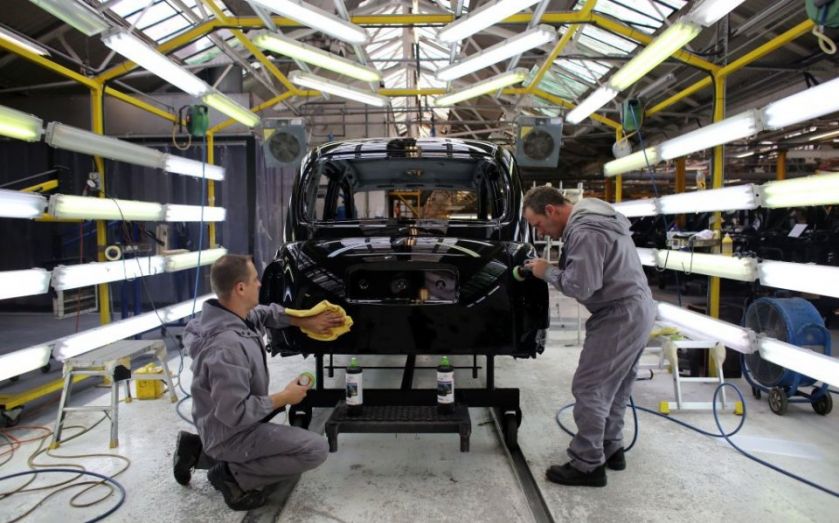Stricter immigration rules, lack of skills and red tape could stunt UK firms’ hiring plans

UK firms are worried that a lack of skills, stricter immigration rules, and over-regulation could scupper their plans to expand next year.
Business are looking to take on more workers with 50 per cent of firms planning to add to their headcount in 2015, according to survey data released today by the Confederation of British Industry (CBI).
Meanwhile, only 12 per cent of firms are planning on cutting numbers, giving a balance of 38 per cent. (50 per cent minus 12 percentage points).
However, firms said expansion plans could be hindered by a UK skills shortage with 63 per cent of businesses citing it as a major threat to the UK’s competitiveness. Employment regulation is also a concern with 61 per cent of businesses saying it could pose a challenge to hiring in 2015.
An enforced living wage – higher than the minimum wage – is a worry for firms. The survey shows 74 per cent of firms think that the Low Pay Commission (LPC) should continue recommending national minimum wages. The CBI warn that the higher living wage must only be adopted on a voluntary basis to avoid job losses.
“Business is also clear that the minimum wage must be a clear and enforced legal base on pay, with the decision on its level made by the independent LPC to ensure it is free of political meddling and led by the evidence,” said CBI director Katja Hall.
“In this way, the LPC can ensure wages rises as fast as possible without a negative impact on jobs.”
Another factor worrying firms is anti-immigration rhetoric. Migration plays an important role in plugging the skills gap, the CBI say. The proportion of businesses seeing access to migrant workers as likely to be a problem in five years’ time has jumped from 13 per cent in 2013 to 18 per cent in 2014.
Strong hiring intentions are broad-based across every region of the UK with a balance 50 per cent of firms planning to take on more workers in Scotland and 49 per cent in the North West. This compares to a balance of 43 per cent in London and 37 per cent in the South West.